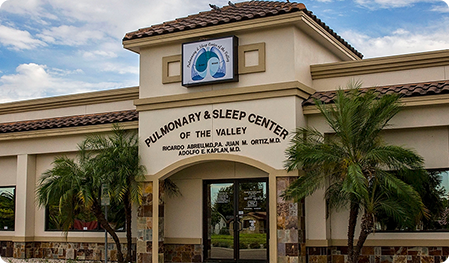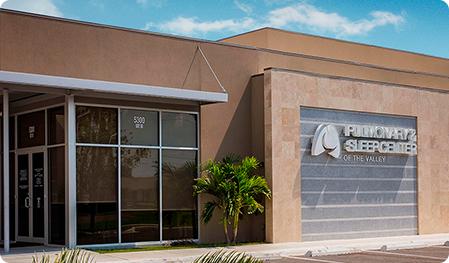Carbon Dioxide Monitoring
If your medical professional believes you are suffering from a sleep disorder, they may ask you to undergo carbon dioxide monitoring. During this procedure, you will be asked to sleep with an electrode attached to your ear. This electrode will detect the amount of carbon dioxide in your body, along with oxygen levels and heart rate.
This test is important in understanding how your sleep disorder is affecting your breathing and the levels of carbon dioxide (and often oxygen) in your body. Based in part on the results of the test, your doctor can help determine which sleep disorders you suffer from, how they are affecting you, and which treatments might be necessary.



